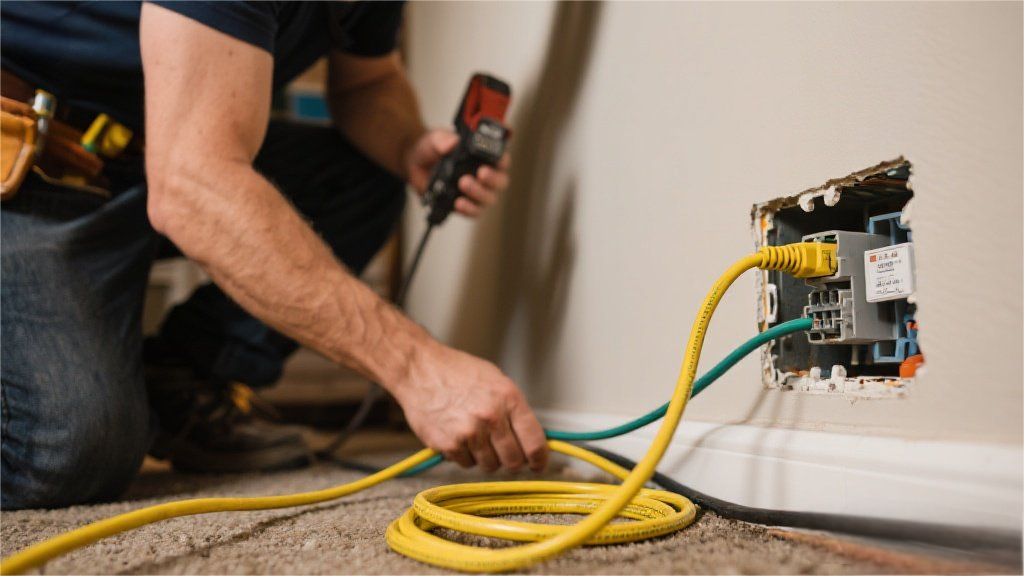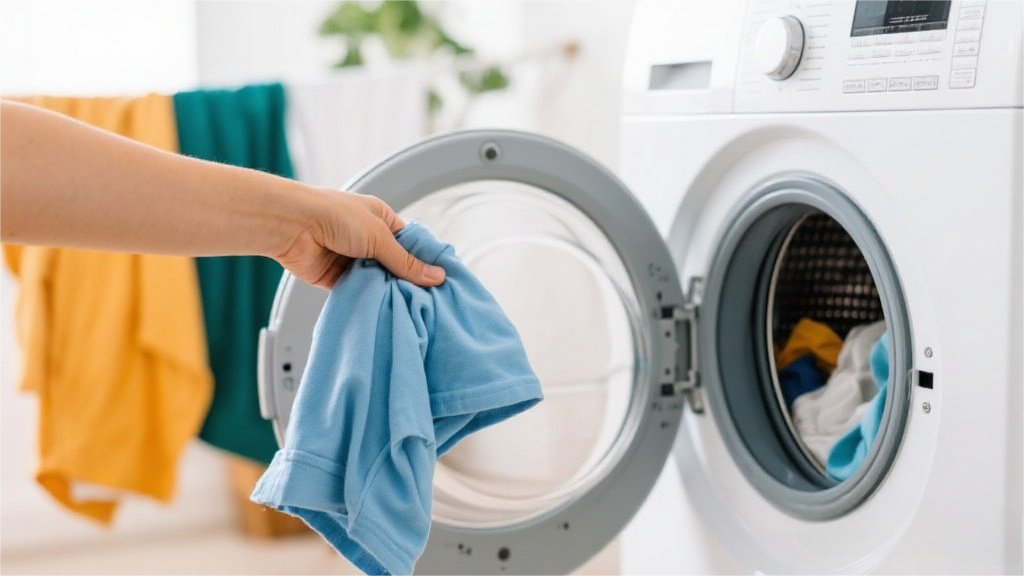If you’re like me, the post-dinner snack struggle is real. Even with a healthy diet, that late-night urge to munch can feel impossible to resist. But after years of battling the pantry monster, I finally found a solution that worked: intermittent fasting. By setting a 12-hour (or longer) overnight fast, I broke the cycle of mindless snacking—and the results were way better than I expected.
The Problem with Late-Night Snacking
For years, I told myself that my after-dinner snacks weren’t a big deal. A banana with peanut butter? Dark chocolate? Organic pita chips? Compared to what most people eat at night, these choices seemed harmless. But the truth is, even healthy snacks can mess with your digestion, sleep, and energy levels if you’re eating them too close to bedtime. My biggest issue was timing. With an early family dinner (thanks, baby schedule!), I’d finish eating by 5 p.m., only to feel ravenous again by 8 or 9. That’s when the cravings would hit—first something sweet, then something salty, then something crunchy. Before I knew it, I was going to bed uncomfortably full, waking up bloated, and starting my day with a side of regret. The worst part? The more I snacked at night, the hungrier I felt in the morning. It was like my body got used to constant grazing, and my hunger signals were completely out of whack.
How Intermittent Fasting Fixed My Snacking Habit
I’d heard about intermittent fasting (IF) for years, but I always assumed it was just another restrictive diet trend. Then, after one too many nights of feeling gross from over-snacking, I decided to give it a shot. My goal was simple: no eating for at least 12 hours overnight. At first, the idea of not eating after dinner terrified me. What if I got hungry? What if I couldn’t sleep? But here’s the wild part—after a few days, my cravings actually decreased. By cutting off food after dinner, I stopped triggering the endless cycle of hunger and cravings. My body adjusted to the new routine, and soon, I wasn’t even thinking about snacks at night. I also made one key rule for myself: coffee with cream didn’t count as breaking the fast. (Hey, a girl’s gotta live.) This helped me ease into the fasting window without feeling deprived. And because my mornings were already chaotic, delaying breakfast until 9 or 9:30 a.m. wasn’t a struggle—it just became part of my routine.
The Unexpected Benefits of Ditching Nighttime Snacks
Within a couple of weeks, I noticed some surprising changes. First, my digestion improved dramatically. No more bloating, no more stomachaches, and no more waking up feeling like I’d eaten a brick. Second, my sleep got better. Turns out, going to bed on an empty stomach (or at least not a stuffed one) helps your body focus on rest instead of digestion. I fell asleep faster and woke up feeling more refreshed. But the biggest shock? My morning hunger disappeared. Before IF, I used to wake up starving, even after snacking all night. Now, I wasn’t even hungry until mid-morning. It was like my body finally understood when it was supposed to eat—and when it wasn’t.
Tips for Breaking the Late-Night Snack Cycle
If you’re stuck in the same post-dinner snack trap, here’s what worked for me: And if you do slip up? Don’t beat yourself up. One night of snacking won’t undo your progress—just reset and try again the next day.
In the end, intermittent fasting wasn’t just about weight loss or trendy health benefits for me. It was about breaking a habit that made me feel sluggish, bloated, and out of control. Now, I go to bed feeling light, wake up energized, and—best of all—I don’t even miss those late-night snacks.
























